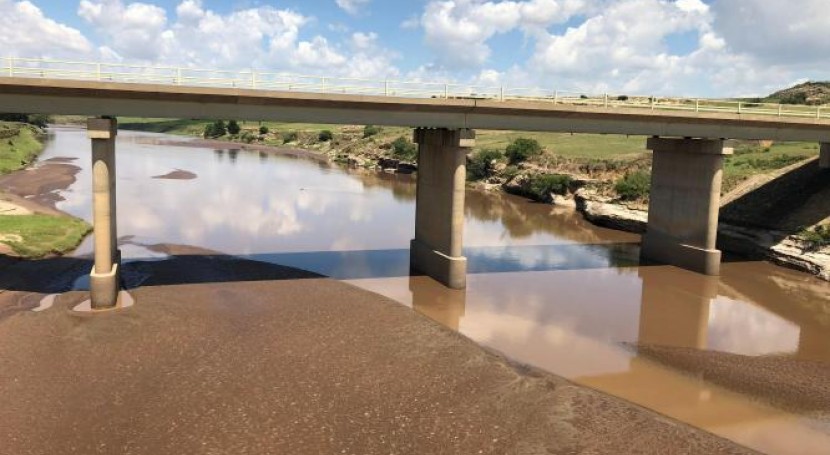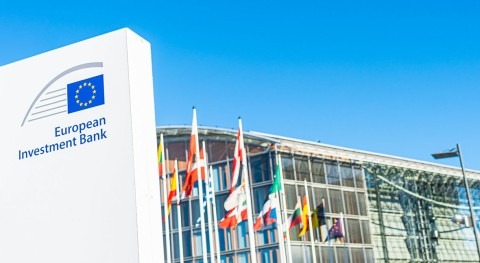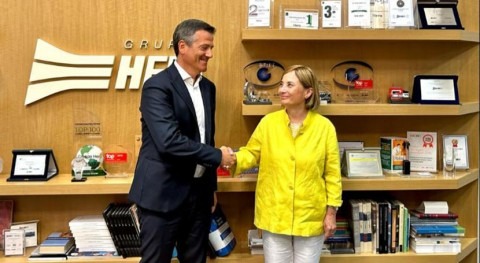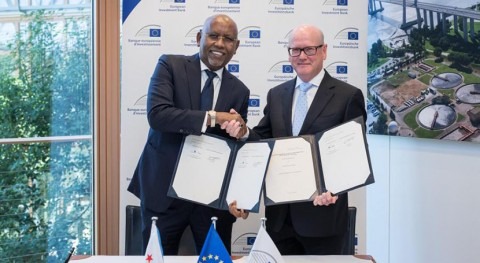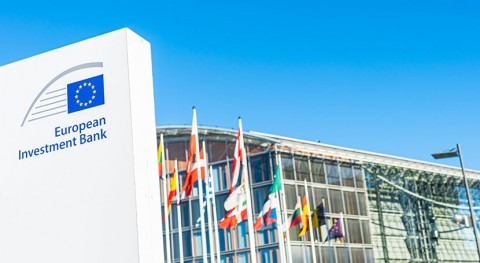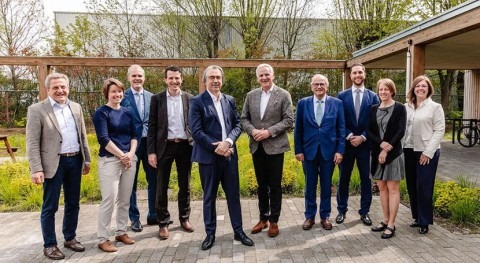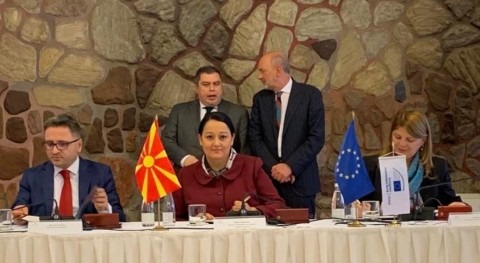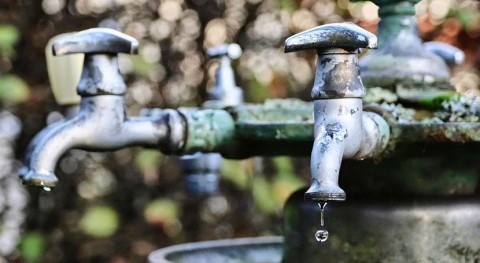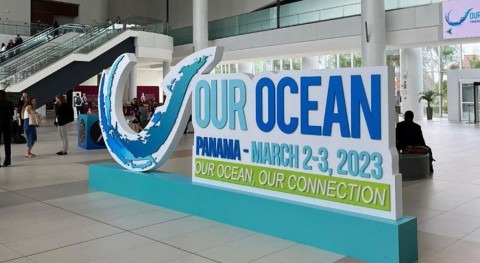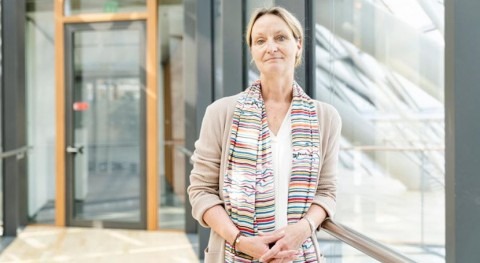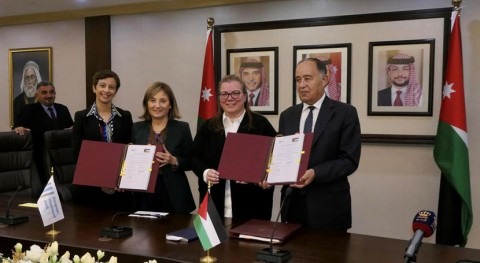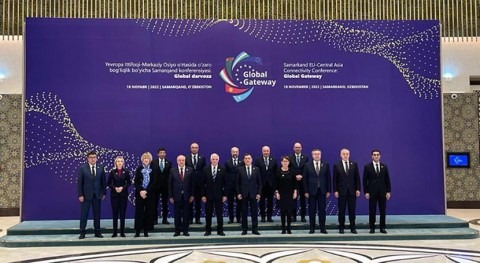During a public ceremony in Maseru the European Investment Bank (EIB) signed a EUR 82 million (slightly over 1.3 billion Lesotho Maloti) loan for the “Lesotho Lowlands Water Development Project - Phase II” (LLWDP II), with the Minister of Finance of Lesotho, Dr. Moeketsi Majoro. The objective of the project is to improve access to clean water in four priority areas of the Lesotho Lowlands. The LLWDP II is the second phase of the Lesotho Lowlands Water Supply Scheme that was conceived with technical assistance from the European Union. Previously, the EIB has also financed the first phase, known as the “Metolong Dam and Water Supply Programme”.
The project will increase the reliable supply of bulk potable water and sanitation services, and strengthen the water authority’s capacity to operate and maintain the infrastructure. The final beneficiaries of the project are Lesotho’s citizens, as the LLWDP II will provide a sustainable water supply service to the population, as well as help service providers to better cope with climate change impacts in the project area. The project supports the UN’s sustainable development goals, the “availability and sustainable management of water and sanitation for all".
“Lesotho is increasingly feeling the impact of climate change, especially when it comes to extended droughts, as water scarcity constitutes a major barrier to economic development and inclusive growth.” commented EIB Vice-President Ambroise Fayolle. ”The water development project in the lowlands aims to provide a sustainable water supply for the local population, and is expected to have a positive impact on as many as 300,000 direct beneficiaries, some 15% of the country’s population.”
The Ambassador of the European Union to Lesotho, H.E. Christian Manahl, added that: "Improved access to clean water and sanitation is a pre-requisite for Lesotho's further socio-economic development. While large quantities of premium water from the country's highlands are exported to South Africa, and generate revenues for the Government's budget, too many people and businesses, predominately located in the lowlands, are still struggling with reliable access to clean water and sanitation facilities. This has a negative impact on the health situation in the country but also on attracting investments and creation of jobs. The EU-EIB financing package, a 82 million EIB loan to be blended with a 41 million EU grant, accounts for more than 60% of total project cost, which also includes a World Bank loan.”
Lesotho’s Minister of Finance, Dr Moeketsi Majoro, added: “The project will contribute to the implementation of the Lesotho National Strategic Development Plans 2012/2013 - 2018/2019 that identified the provision of water access in the Lowlands, where about two thirds of the population lives, as a severe problem. The project will enhance the resilience to climate change and will help the Lesotho government achieve the development goals reflected in its "Vision 2020" strategy; to have a healthy and well-developed human resource base by ensuring that all Basotho have access to safe drinking water and basic sanitation.”
In practice, the project concerns bulk water infrastructure (river intake, water treatment plant, transmission mains, pumping station and distribution network), low-scale sanitation and hygiene measures, activities and awareness building regarding the reduction of water losses, and Technical Assistance (TA) to support the implementation of the project.


